- August 28, 2024
Info, Pictures & Facts – Dogster
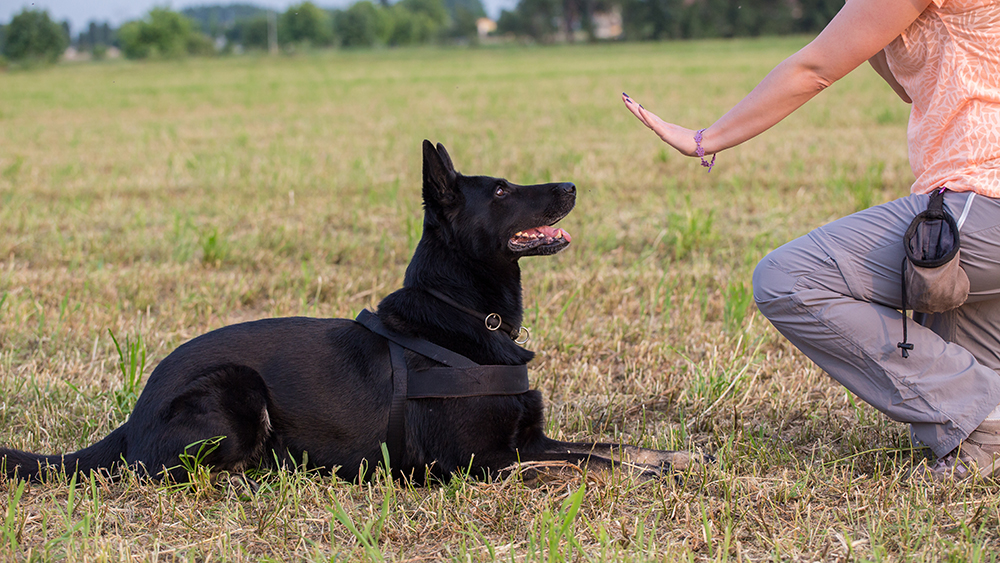
Identifying the most obedient dog breeds can be subjective. After all, much depends on training and socialization. Part of the problem is determining what “obedient” means. Is it trainability? What about dogs that don’t do tricks but mind their leash manners on walks? Does it involve doing tasks, problem-solving, or obeying commands?
Merriam-Webster defines obedience as, “Submissive to the restraint or command of authority: willing to obey.” That would entail an eagerness to please and trainability. Temperament is the common denominator. It is, in turn, shaped by selective breeding and the role dogs serve for people. Modern-day breeds have only been around for the last 160 years.

How Are Dog Breeds Classified?
The Federation Cynologique Internationale (FCI) provides a useful way to group dog breeds based on their jobs and history, which directly affects these qualities and their influence on obedience. People selectively bred canines to do specific jobs that require certain skills. Our pets have evolved from being hunting companions and guardians to a broad spectrum of roles and conformation standards.
The FCI categories include the following:
- Group 1: Sheepdogs and Cattledogs
- Group 2: Pinscher and Schnauzer – Molossoid and Swiss Mountain and Cattledogs
- Group 3: Terriers
- Group 4: Dachshunds
- Group 5: Spitz and primitive types
- Group 6: Scent hounds and related breeds
- Group 7: Pointing Dogs
- Group 8: Retrievers – Flushing Dogs – Water Dogs
- Group 9: Companion and Toy Dogs
- Group 10: Sighthounds
Remember that the dog’s environment is a wild card that includes many negative and positive factors, such as the development of unwanted behaviors, socialization, and events during the dog’s fear impact periods. The latter marks times when adverse experiences can have lifetime consequences and act as barriers to obeying commands. It acknowledges the individual factors that affect behavior and obedience.
Our list details the results of a Forbes Advisor survey of AKC dog owners and information from the American Kennel Club (AKC). We expounded on the breeds with details about their FCI group, historical job, and intelligent rankings based on the work of psychologist Stanley Coren to provide additional context.1

The 10 Most Obedient Dog Breeds
1. Labrador Retriever
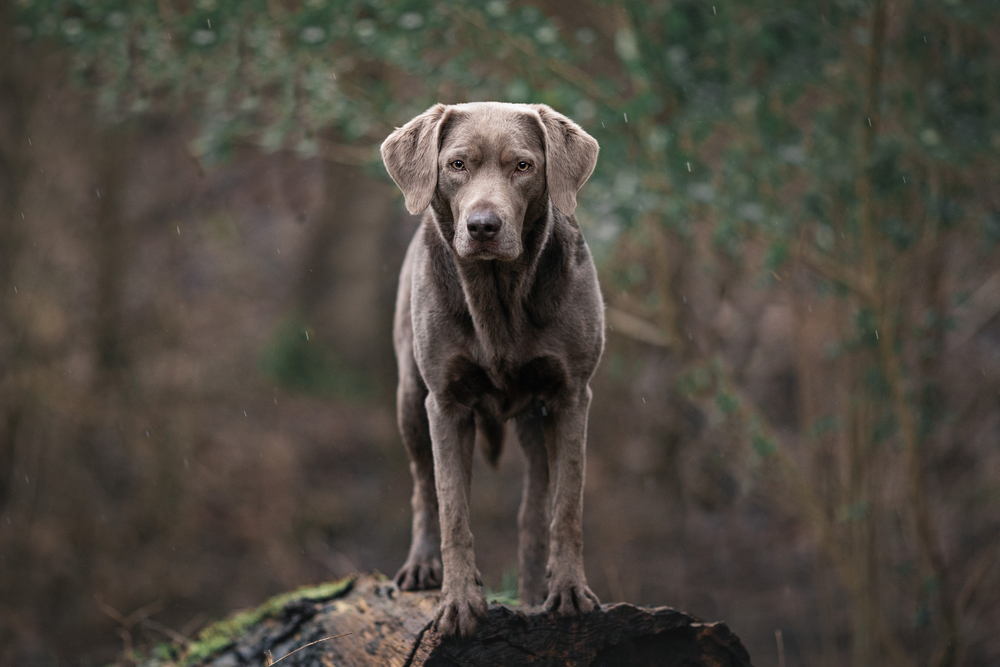
| FCI Group: | Flushing Dogs – Water Dogs |
| Historical Job/Role: | Waterfowl retriever |
| Intelligence: | 5 out of 5 stars |
The Labrador Retriever has it all. They are sweet dogs that get along with other pets and are great with kids. They are adaptable and playful. Anyone is a friend to a properly socialized Lab. These dogs respond well to training, complemented with praise and treats. It’s no wonder this dog ranks high in the AKC list of the most popular breeds.2
2. Border Collie
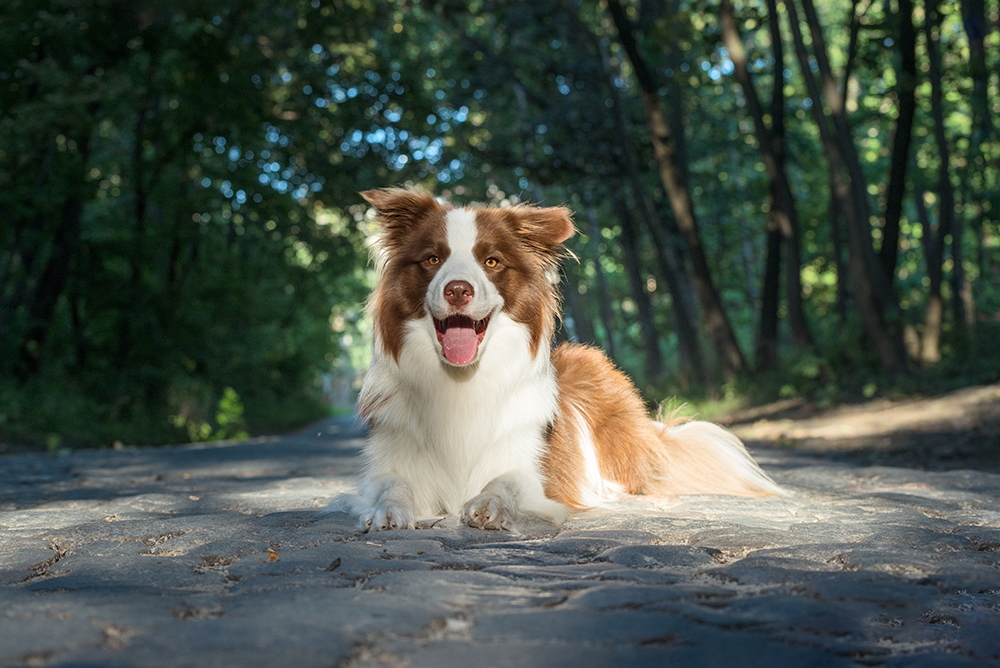
| FCI Group: | Sheepdogs and Cattledogs |
| Historical Job/Role: | Herder |
| Intelligence: | Herder |
Many consider the Border Collie the most intelligent dog, and it’s easy to see why. This breed is easy to train and thrives when they have work to do. They are happiest when they have a job that provides plenty of mental and physical stimulation, hence their job as herders, making their energy and enthusiasm seem boundless. This pooch is obedient but does need regular stimulation to stay on top of their game.
3. Cane Corso
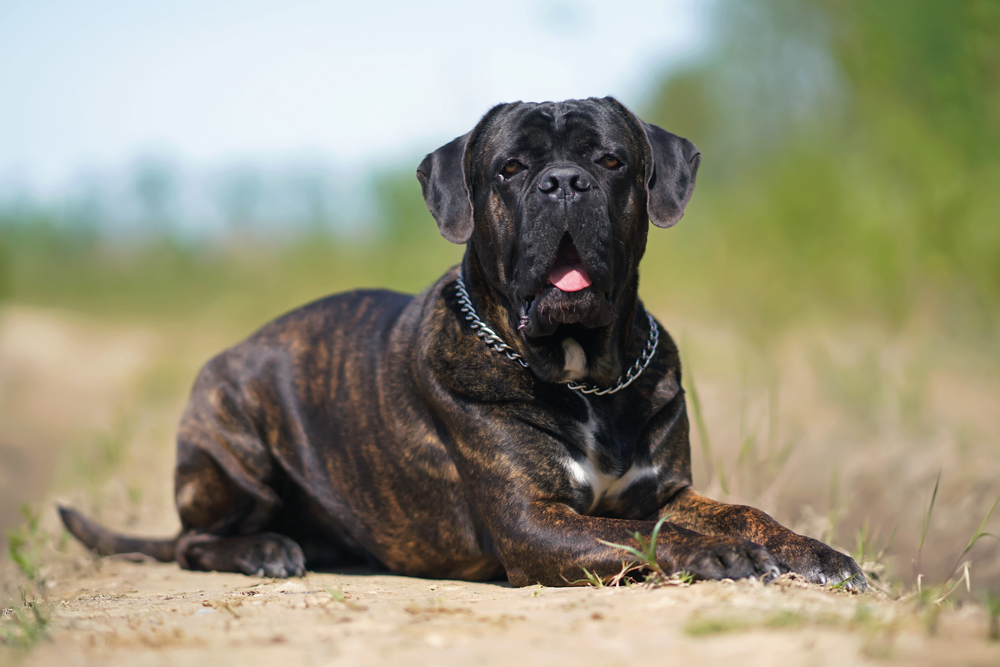
| FCI Group: | Pinscher and Schnauzer – Molossoid and Swiss Mountain and Cattledogs |
| Historical Job/Role: | War dog, all-purpose farm dog, hunting companion |
| Intelligence: | 4.0 out of 5 stars |
The Cane Corso is a new member of AKC, yet they have won a loyal following. This breed is a canine workhouse that is both faithful and hardworking. The size and temperament of this dog require an engaged owner who will ensure the animal is trained and socialized early. This pooch is protective over their family, making them an excellent choice for a guardian.
4. Golden Retriever
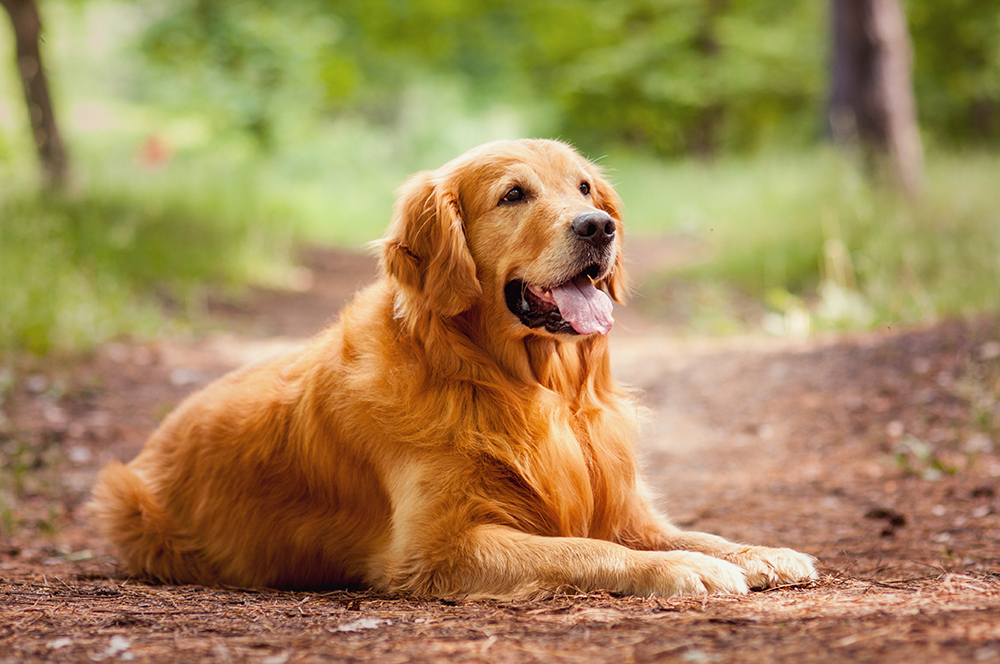
| FCI Group: | Flushing Dogs – Water Dogs |
| Historical Job/Role: | Hunting companion |
| Intelligence: | 5 out of 5 stars |
The Golden Retriever is another dog you can’t help but love. This pup’s intelligence and alertness shine with their obedience. They form strong bonds with their owners, particularly as hunting companions, where they can share the excitement of the hunt. They are highly intelligent and devoted, making them obedient pets with consistent training.
5. German Shepherd

| FCI Group: | Sheepdogs and Cattledogs |
| Historical Job/Role: | Herder, law enforcement, military |
| Intelligence: | 5 out of 5 stars |
The German Shepherd started life as a herder but soon found work in other roles, such as law enforcement and the military. They are also highly intelligent and trainable. Their fierce loyalty keeps them on task as obedient pets. While protective, Shepherds are playful and want nothing more than to please their caregivers. They’ll handle any job you give them.
6. Boston Terrier
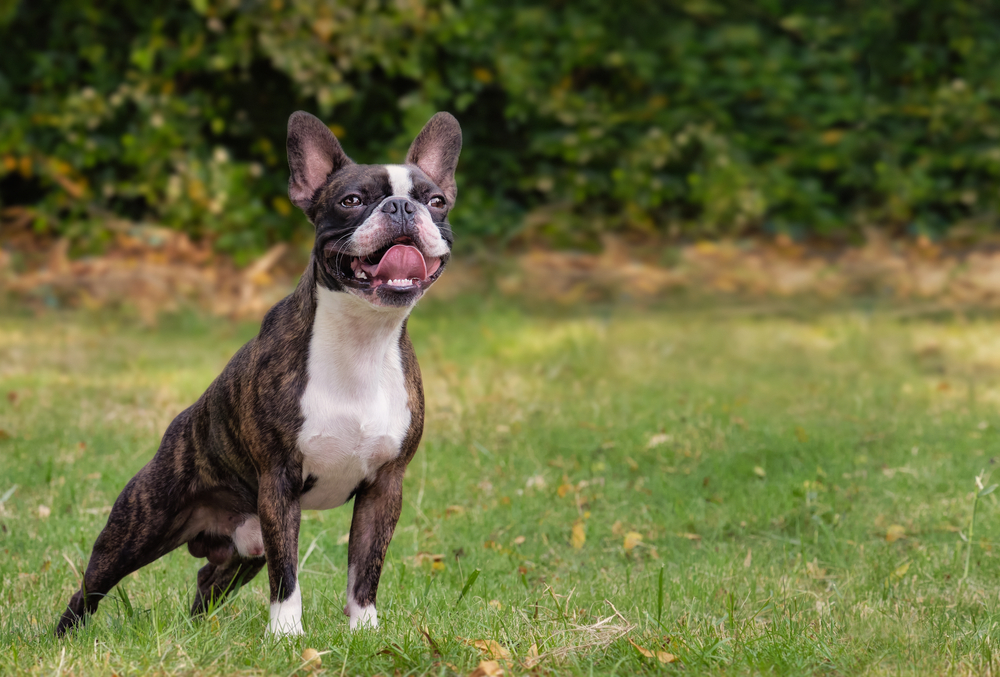
| FCI Group: | Companion and Toy Dogs |
| Historical Job/Role: | Companion |
| Intelligence: | 4.0 out of 5 stars |
The Boston Terrier is another example of a dog that doesn’t have to be a champion at competition to be an obedient pet. Their love for their owners motivates them to listen and obey. If it means more praise and attention, all the better for this pooch. The breed is all-American and was selectively bred in this country. No other dog can rightfully call themselves the American Gentleman.
7. Poodle
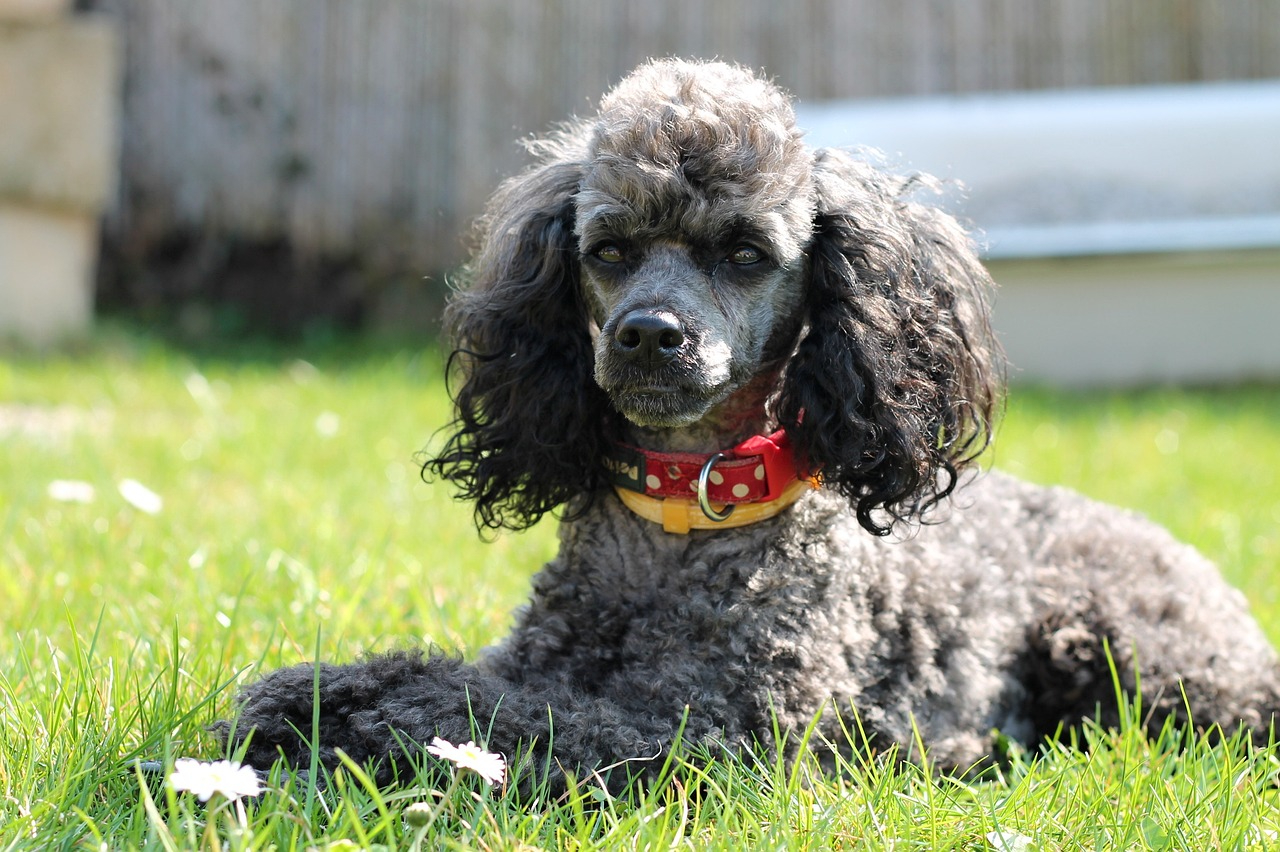
| FCI Group: | Companion and Toy Dogs |
| Historical Job/Role: | Waterfowl hunting companion, truffle hunter |
| Intelligence: | 5 out of 5 stars |
It’s hard to imagine a Poodle with a fancy haircut splashing around in a pond, flushing and retrieving waterfowl. That was this breed’s original job. They are physically and mentally well-suited for the task. Their non-shedding coat is an asset in the field. Their intelligence and confidence make them easy to train. Besides, Poodles are also very lovable and eager to please.
8. Doberman Pinscher
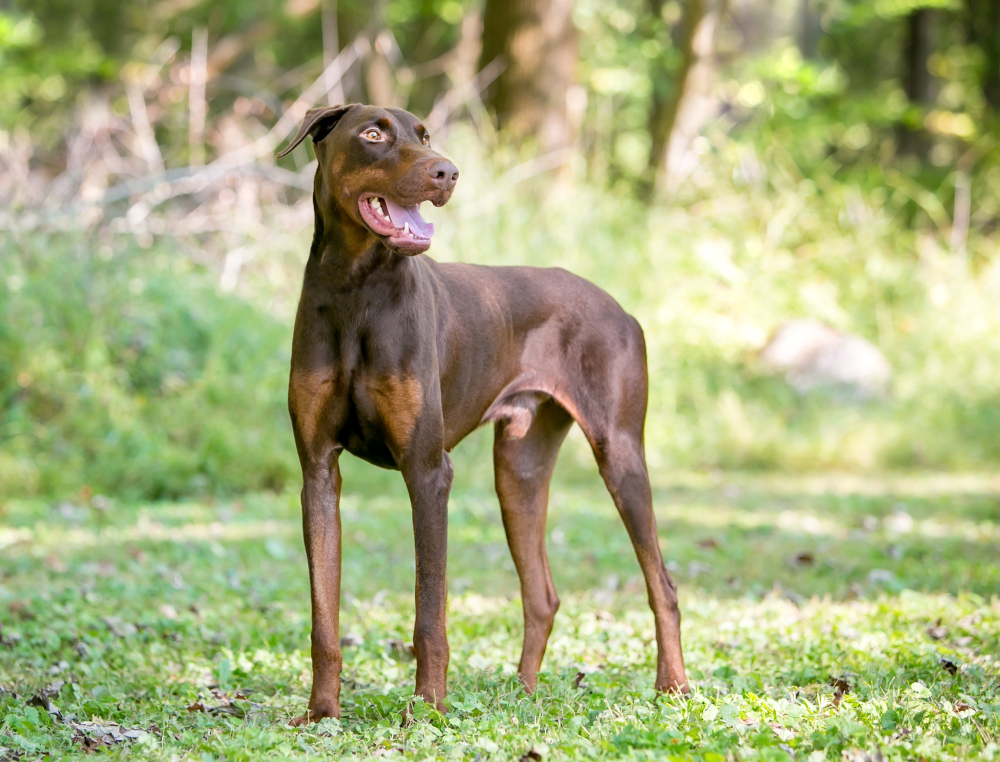
| FCI Group: | Pinscher and Schnauzer – Molossoid and Swiss Mountain and Cattledogs |
| Historical Job/Role: | Guardian |
| Intelligence: | 5 out of 5 stars |
The Doberman Pinscher epitomizes loyalty and intelligence. Enthusiast Louis Dobermann selectively bred this dog to excel at protection. Devotion was bred into this animal’s temperament. These traits make this dog an excellent choice for jobs that require these skills, such as law enforcement and the military. They exude confidence and courage. Obedience is their hallmark.
9. American Bulldog
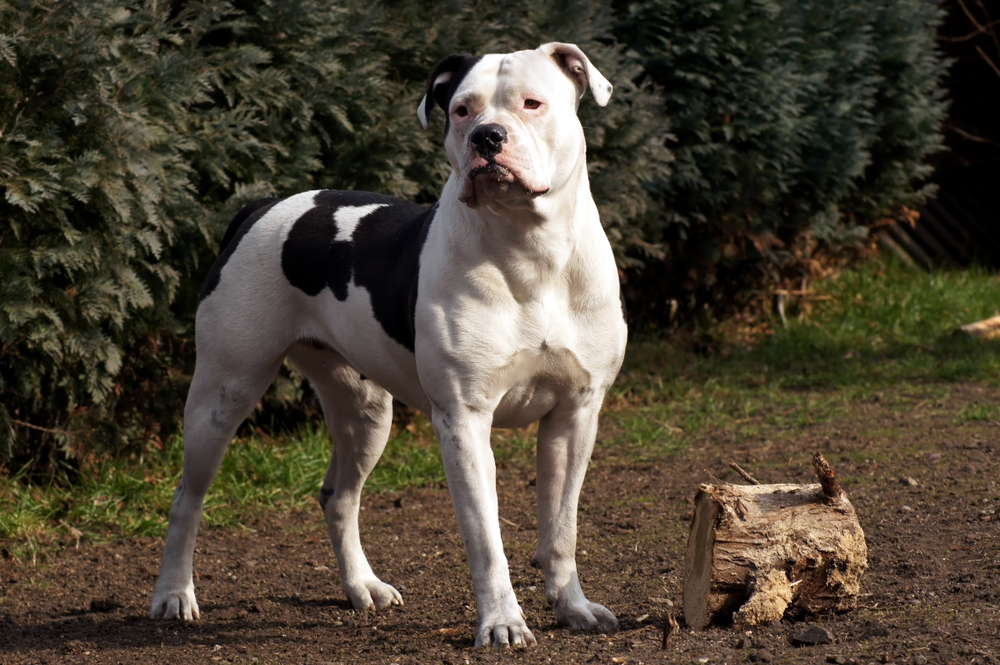
| FCI Group: | Pinscher and Schnauzer – Molossoid and Swiss Mountain and Cattledogs |
| Historical Job/Role: | All-purpose farm dog |
| Intelligence: | 3.0 out of 5 stars |
The American Bulldog originated in the United States through selective breeding of the Old English Bulldog. This dog served as an all-purpose farm dog, doing whatever needed to be done. The pooch’s alertness, intelligence, and energy made them fit for any job. This work requires problem-solving skills, which can make them stubborn. However, they’re also less likely to whine or beg for food.
10. Shih Tzu

| FCI Group: | Companion and Toy Dogs |
| Historical Job/Role: | Companion |
| Intelligence: | 4.0 out of 5 stars |
This entry might surprise you, but stick with us, as it’ll all make sense soon. In fact, you’d be hard-pressed to find a more affectionate and easygoing dog than the Shih Tzu. This breed didn’t hunt or provide any other service to people besides looking cute. They are loyal pets, devoted to their caregivers. The breed even has a royal connection with early Chinese emperors who treasured these dogs. Due to this close relationship with humans, that means this dog is highly eager to please, thus being surprisingly obedient.

The Effects of a Dog’s Job on Obedience
We’ve emphasized a breed’s job since it teaches obedience in a specific sphere. However, it comes at a price. Dogs with certain roles that rely on problem-solving skills, like finding game or herding, also encourage other traits, such as independence. That can make these dogs difficult to train and seemingly disobedient despite their intelligence. They often require an experienced pet owner.
The other overwhelming factor is mental stimulation. Intelligent dogs must have enrichment to prevent boredom and unwanted behavior. Other breeds on our list don’t necessarily fall into this category. Their obedience comes from their loyalty and strong bonds with their owners. They respond well to praise in addition to treats. The concern with these dogs is separation anxiety, as some can’t tolerate being alone.
The takeaway is that obedience is a two-way street, whether dealing with a highly intelligent animal or a devoted pet. Owners must recognize their dogs’ unique needs to nurture this trait. We can’t overemphasize the significance of praise. Remember that our canine companions can read our emotions, and they will feed off of your enthusiasm, thus leading them to become more obedient.

Conclusion
As you’ve seen, obedience takes many forms. It exists with dogs trained for specific jobs, which is evident in their selective breeding. We also see it in dogs with a close relationship with humans, which encourages this behavior. Some may equate it with following commands, but it also encompasses other traits that have nothing to do with tricks. It boils down to an eagerness to please.
Featured Image Credit: Luca Nichetti, Shutterstock
Tags
What do you think?
Related Articles

New Puppy Checklist: Gear You’ll Need for Your New Dog
Getting a new puppy is really exciting, but before you welcome them home, it’s important to prepare your space for them. Since puppies need a

How Big Do Mini Poodles Get? Vet Reviewed Average Weight & Growth Chart – Dogster
The information is current and up-to-date in accordance with the latest veterinarian research. Learn more » When you buy a Miniature Poodle, you might not

Can Police Dogs Smell Nicotine? Vet Verified Facts & Info – Dogster
The information is current and up-to-date in accordance with the latest veterinarian research. Learn more » While cigarette sales have been declining steadily for decades,

How Old Is 5 in Dog Years? Vet-Approved Guide to Each Size of Dog – Dogster
The information is current and up-to-date in accordance with the latest veterinarian research. Learn more » A common method for calculating a dog’s age is

